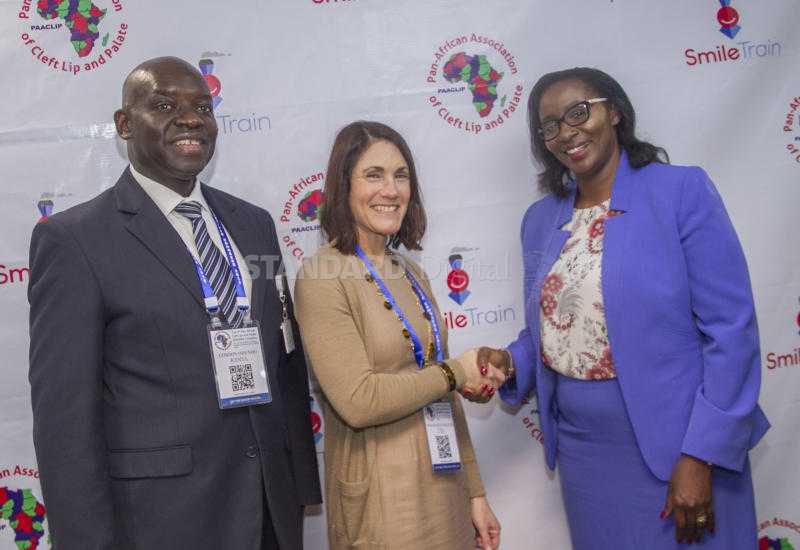×
The Standard e-Paper
Fearless, Trusted News

Kenyans have been asked to raise awareness on cleft lip and palate, which affects one in 1,300 births in Kenya.
Speaking during the official opening of the Pan African Association of Cleft Lip and Palate (PAACLIP) 6th Scientific Congress at the Nairobi Hospital, Nairobi County Speaker Beatrice Elachi said the condition was the most common birth defect in Kenya that is affected by stigma.